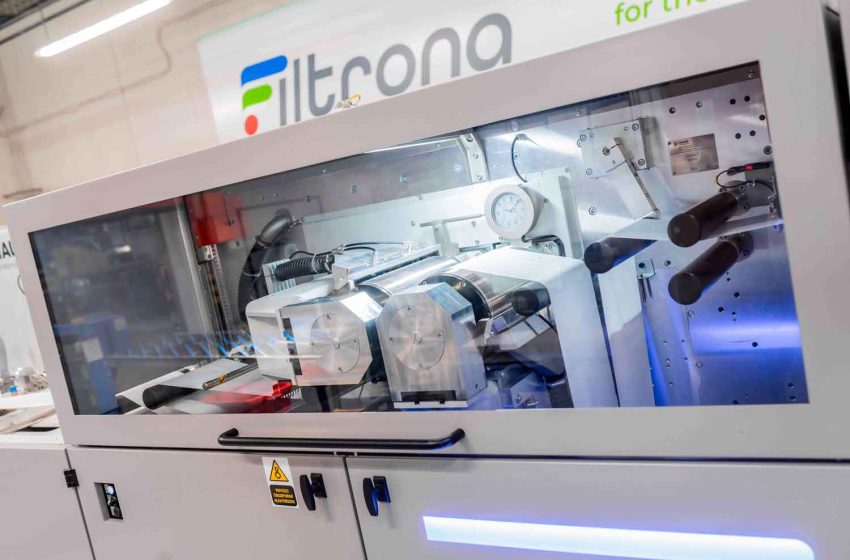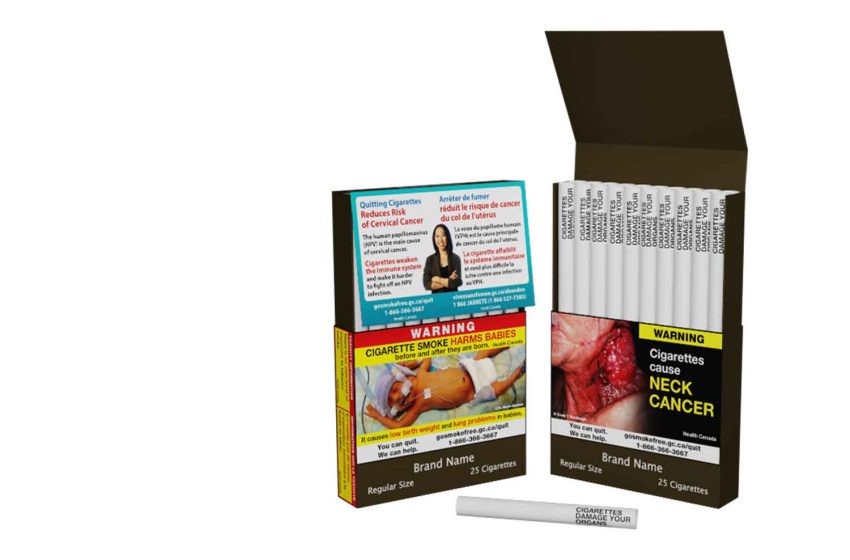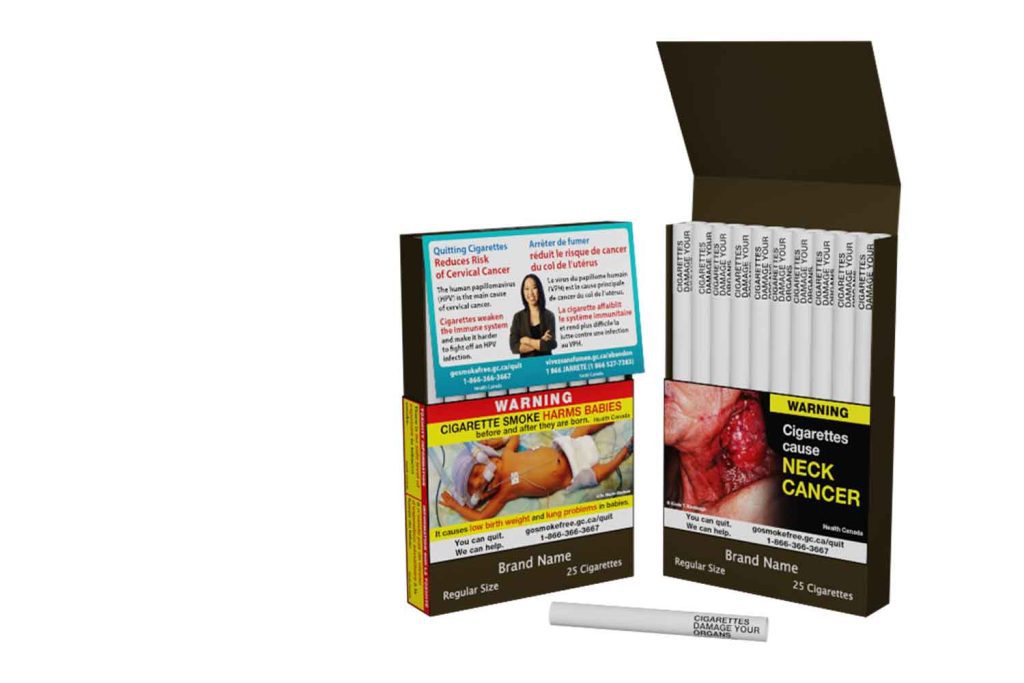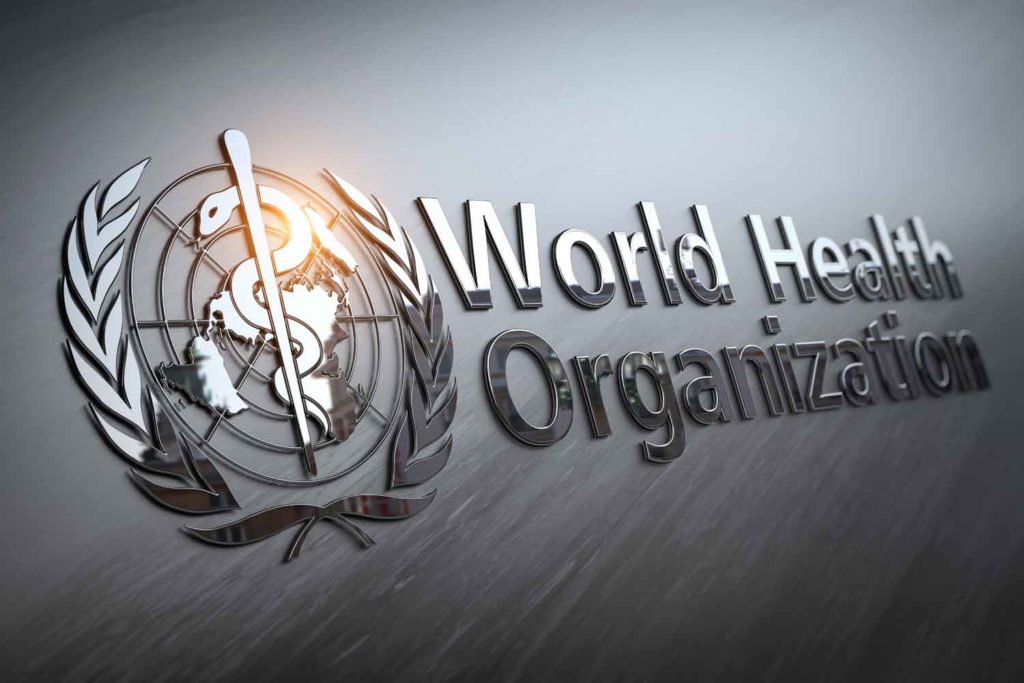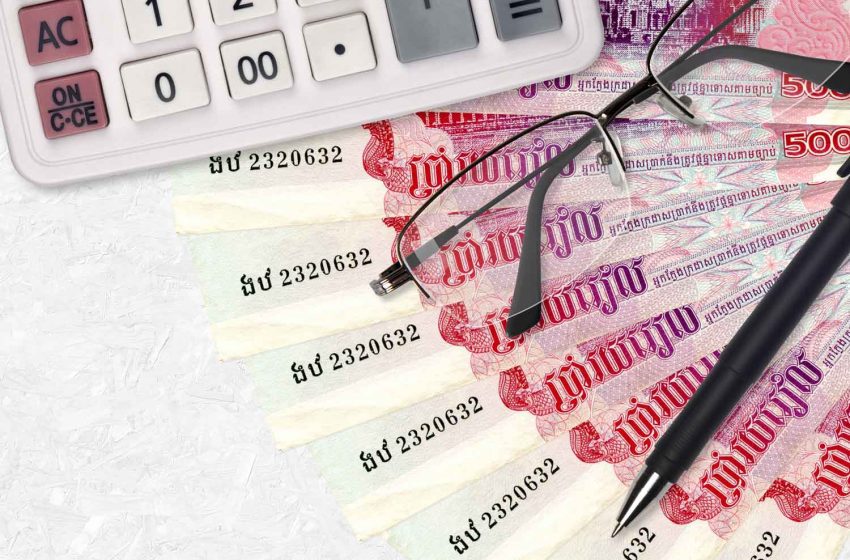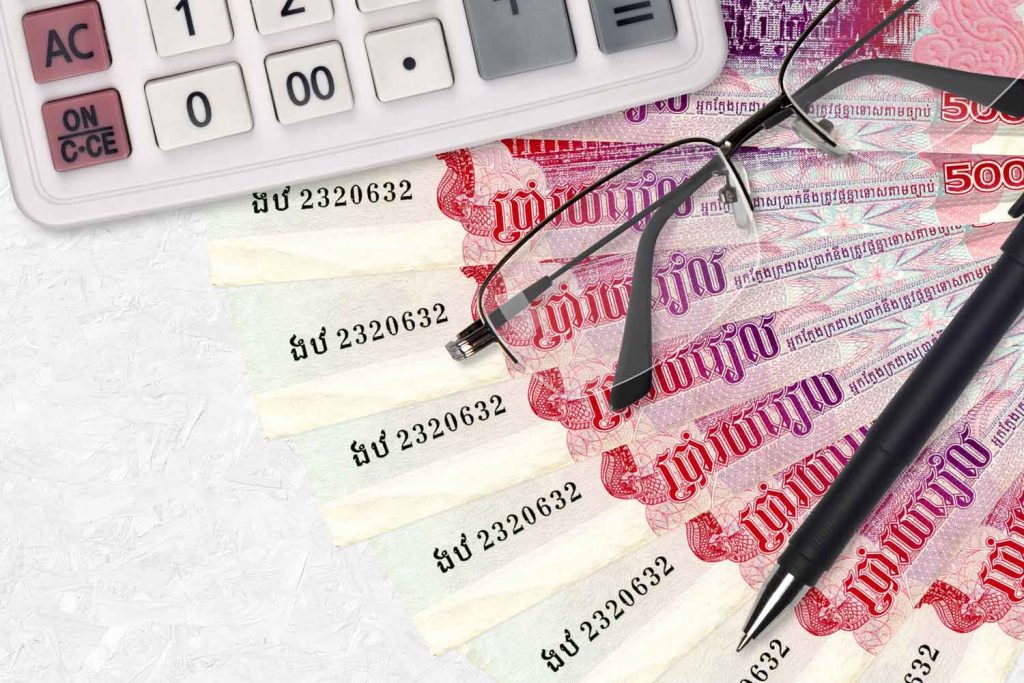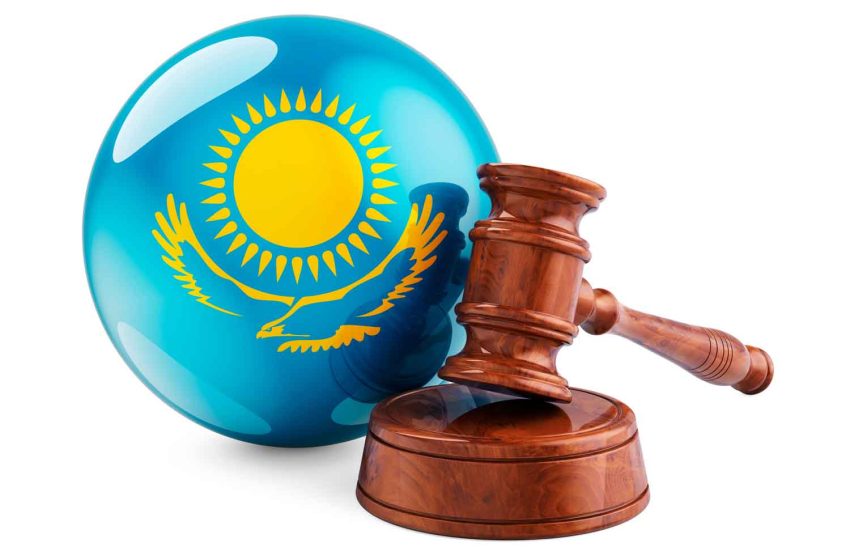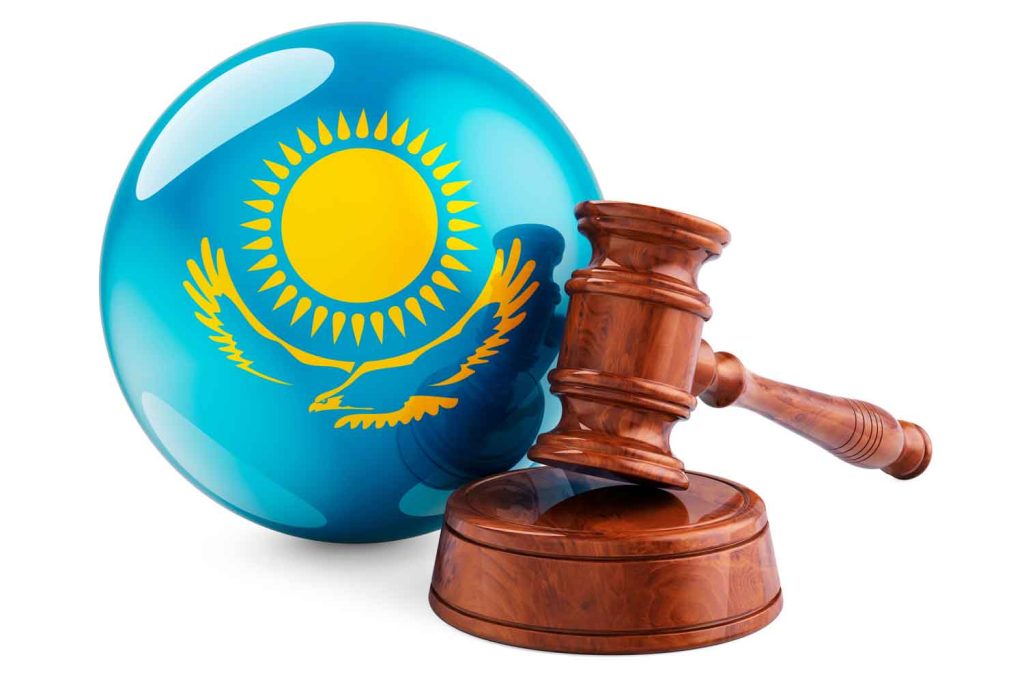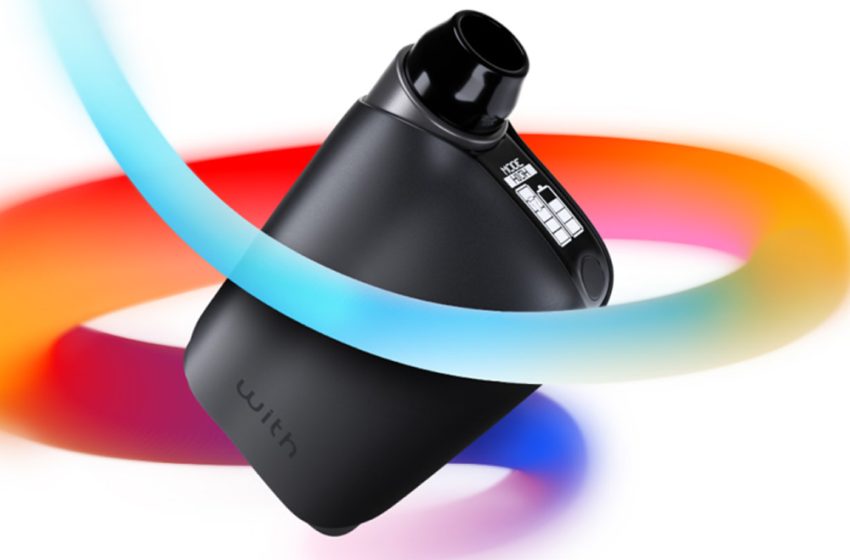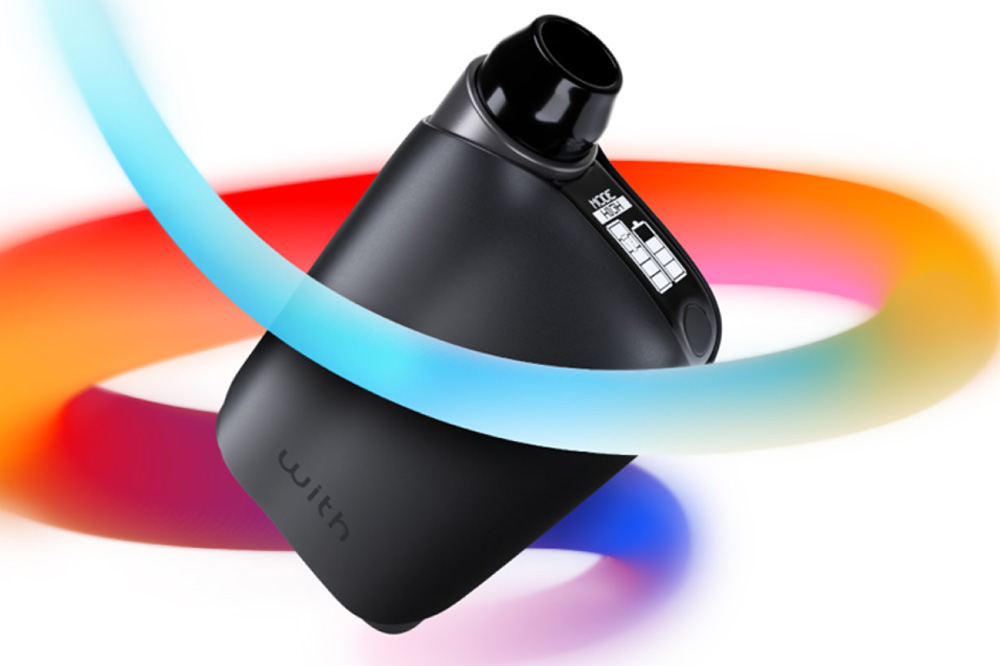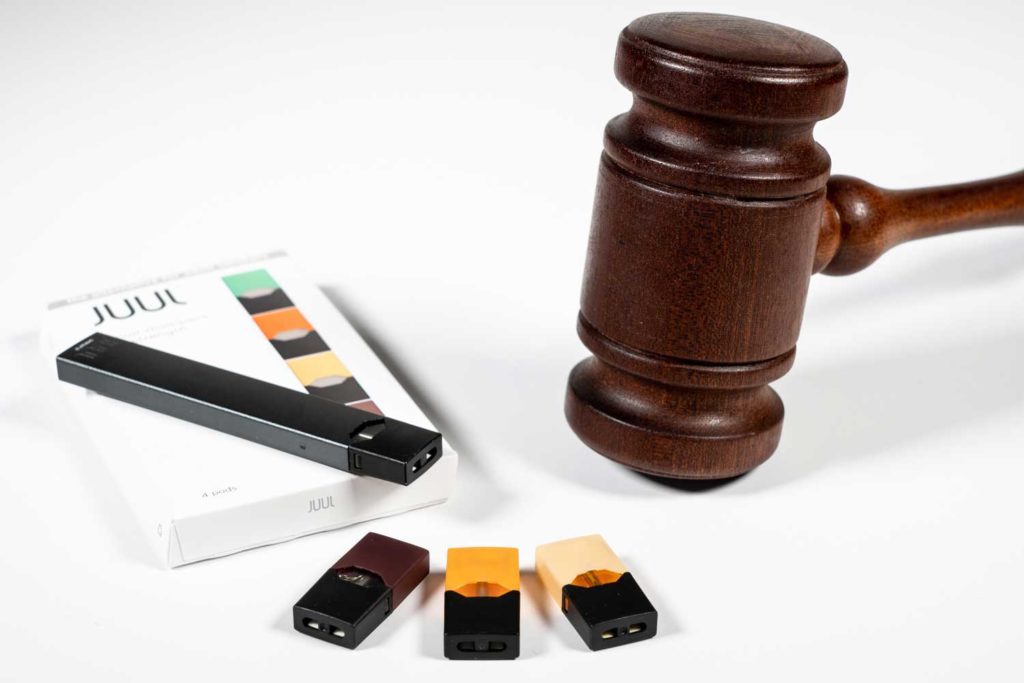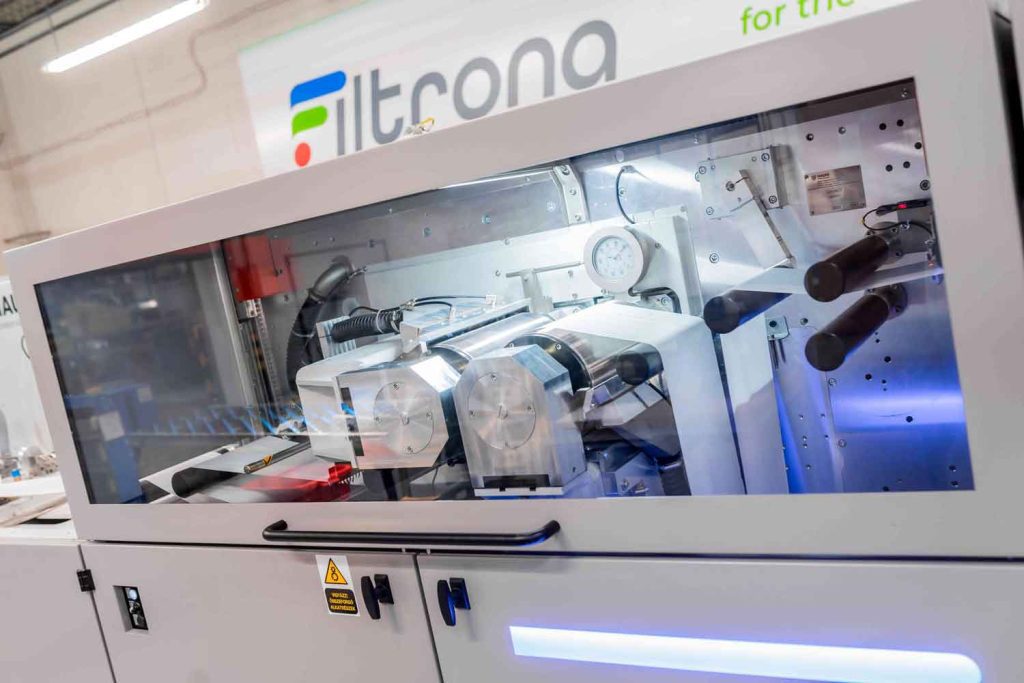
Filtrona has opened a new Centre of Excellence (COE) in Budapest, Hungary. Combining multiple advanced filter manufacturing machines, the COE will increase the company’s production capacity and speed-to-market of sustainable filter solutions. The COE enables tobacco companies to develop and manufacture a portfolio of sustainable tobacco products by leveraging Filtrona’s expertise in innovative filter designs, processing methods and knowledge of materials.
The COE combines Filtrona’s extensive experience in manufacturing non-woven filters with advanced, high-speed production technology and the latest testing methods to produce sustainable filters for various tobacco product applications. These include cigarettes, heated tobacco products, cigarillos, cigars, and RYO and MYO cigarettes.
Globally, consumers and regulators are pushing for more environmentally sustainable solutions for consumer goods, according to Filtrona. Likewise, the tobacco industry is seeking plastic-free alternatives by focusing on the use of wood pulp based non-woven materials, such as papers. The EU Single-Use Plastic Directive provides a roadmap for the phasing-out of single-use plastics, which includes cellulose acetate tow. Using the EU Directive as a blueprint, tobacco companies in territories outside the EU are expected to follow a similar path in reducing single-use plastics over time.
“As the world’s leading producer of sustainable filter solutions, Filtrona is advancing our sustainability journey by launching our Centre of Excellence to expand our portfolio of sustainable products at a faster pace,” said Filtrona’s Global Director of Innovation and ESG Hugo Azinheira. “With the EU SUPD driving a wider adoption of plastic-free tobacco products, our new production line has the capability to meet the evolving needs of customers, consumers, and regulators rapidly.”

